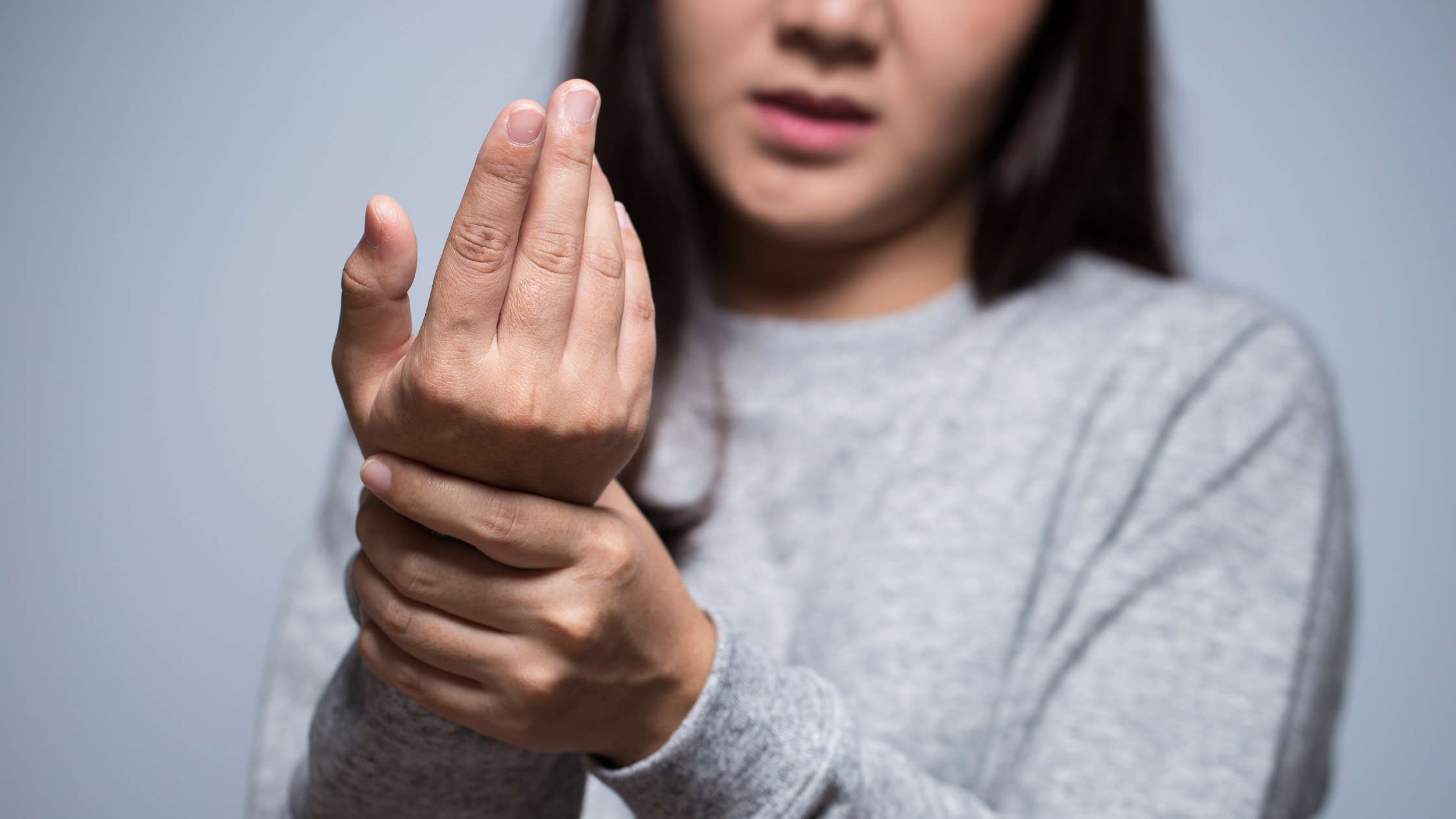
Nerve pain has many causes, including diabetic neuropathy, trauma, sciatic, lupus, arthritis, and the list goes on. It is a very unsettling pain with very little relief. The pain can range from bothersome tingling to unbearable shooting pain down your leg. For some, this pain seems to intensify at night, making sleeping almost impossible.
The sad part about this symptom is that getting good sleep may actually buffer some of the pain from the neuropathy. So, if you are able to manage your sleep, then you may be able to reduce some of your pain. Continue reading to find out more about why your nerve pain is so poor at night and what you can do to get good sleep.
Why Nerve Pain Worsens at Night
Nerve pain is a chronic pain that seems to get worse at night. It's not fully understood why, but it may be due to the underlying cause getting worse at night. However, not even all of the causes of neuropathy are fully understood. Although research is still taking place, there are some causes that have been postulated.
Body position may be a cause because of the weight of your body and the pressure it puts on your nerves. This doesn't happen when you're upright because all of the pressure goes into your legs and weight bearing joints. However, when you're laying down, all of your weight is spread out across the back of your body. This can pinch and compress nerves leading to more pain.
Temperature changes are another source of pain. Cooler temperatures normally do help people sleep better. However, cold can make arthritis worse and neuropathy can make you more sensitive to cold, thus increasing the perceived discomfort of arthritis.
Pain also really affects people mentally, and at night, there is not a long list of distractions that exist during the day. It's just quiet and still, and therefore, nothing else to think about except for the pain you are experiencing.
Hormonal changes as your body prepares for bed can also lead to some neuropathy challenges. Your metabolism and other biochemical processes adjust for the nighttime level which can heighten your pain. Cortisol, for example, is your body's natural steroid so it has anti-inflammatory effects. At night time, it drops to its lowest point of the day which can make your inflammatory diseases feel worse.
Last, but certainly not least, your pain medication may be wearing off during the day and hit a low point at night. This means you don't have a buffer to your pain at all during the night and you are at the mercy for your pain.
How to get better sleep with chronic pain
Getting better sleep with chronic pain is an ever lasting experiment. What works really well for one person may not work well for another. So, as frustrating as this process may be, it's important to persevere and try and find what works for you individually.
One thing you can try is sleeping in different positions. Sometimes, neuropathy is caused by pinched nerves, so by changing body position, you will no longer be compressing those nerves. Play around with different positions and pillow placements to see what brings relief.
Adjusting the temperature can also help so that way you are not overly sensitive to the cold. It's important, though, to make sure the temperature doesn't get too warm and interfere with your ability to sleep. Keep track each night of the temperature and your sleep quality to see if you can find the sweet spot that works for your sleep and pain.
Get enough exercise throughout the day as well. Although you are in pain and it can seem like exercise make it worse, it actually helps. Talk with your physician about what's safe for you and make it your goal to do it as often as you can. Exercise not only helps with your mental state, but with your sleep as well.
Practice good sleep habits and prepare your mind for a good night's rest. A good sleep routine can go a long way and can get your mind and body ready for bed. When you experience chronic pain at night, you can develop anxiety over sleeping. However, it's important to tell yourself to forget the past few nights and that tonight is a new night where you will sleep well. Keep repeating this to yourself and try and convince yourself that you will be able to sleep through the night.
Make sure to talk with your doctor about your medications as well. Maybe it's a situation where you need to adjust the dose so you can get some relief at night, or maybe even change to something that lasts a bit longer. Tell them about the pain you're experiencing and see what they can do for you. A sleep health professional can even work with you on getting a good night's rest if you click the orange button below and take a free online sleep test.
https://unitedphysiciangroup.com/2020/08/27/why-is-my-nerve-pain-worse-at-night-and-how-can-i-sleep-better/

